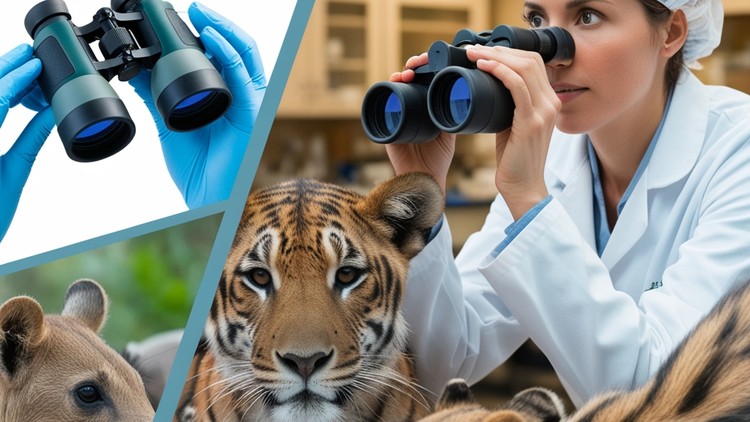Ethology for veterinerian an introduction

- Description
- Curriculum
- FAQ
- Reviews
Ethology for veterinarians is a course that focuses on the scientific study of animal behavior, particularly in the context of veterinary medicine. It covers key aspects of animal behavior including social interactions, communication, learning, instincts, and responses to different environmental stimuli. The course is designed to help veterinarians understand normal versus abnormal behaviors in a variety of species, such as domesticated pets, livestock, and wildlife.
Topics may include:
-
Behavioral patterns and their evolutionary significance
-
Stress, fear, and aggression management
-
Human-animal interactions
-
Diagnosis and treatment of behavioral disorders
-
Application of behavioral principles in clinical practice
course typically covers the following key topics:Introduction to Ethology: Basic principles, history, and significance of animal behavior in veterinary medicine.
Behavioral Development: How genetics and environment influence behavior from birth to adulthood.
Learning and Conditioning: Mechanisms of classical and operant conditioning, habituation, imprinting, and social learning.
Communication in Animals: How animals use visual, auditory, chemical, and tactile signals to communicate.
Social Structures and Behavior: Social hierarchies, territoriality, group dynamics, and cooperative behaviors.
Normal vs. Abnormal Behavior: Identifying and differentiating typical behaviors from behavioral disorders in various species.
Fear, Aggression, and Stress: Causes and management of fear, aggression, stress-related behaviors, and anxiety in animals.
Human-Animal Interaction: The impact of human handling, socialization, and training on animal behavior and welfare.
Behavioral Disorders: Diagnosing and treating issues like separation anxiety, compulsive disorders, and aggression in clinical settings.
Animal Welfare and Ethics: The role of veterinarians in promoting animal welfare through an understanding of behavioral needs.
Species-Specific Behavior: Behavior patterns of common domestic animals (dogs, cats, horses, livestock) and exotic species.
Environmental and Enrichment Strategies: Use of environmental modifications and enrichment to promote natural behavior and reduce stress.
These topics help veterinarians improve animal welfare, prevent behavioral issues, and offer behavior-based treatment in clinical practice.

External Links May Contain Affiliate Links read more




